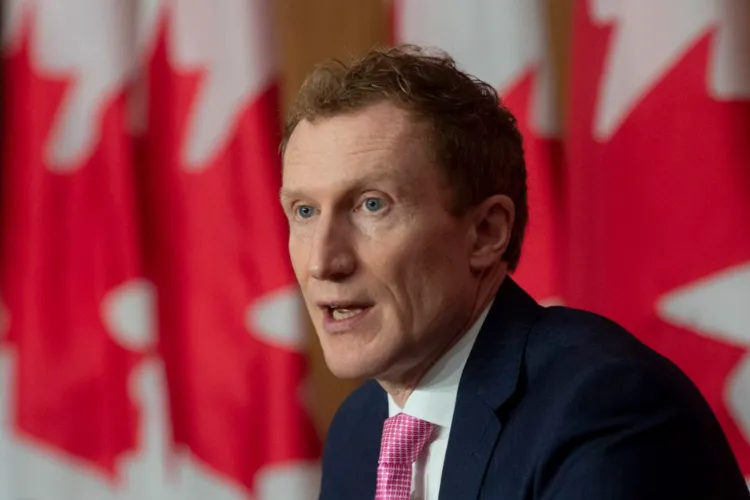Canada announced a national cap on the intake of international students into the country. Immigration Minister Marc Miller announced that Canada will reduce the number of international student permits by 35 per cent next year as part of a temporary two-year cap on foreign enrolment.

“In order to maintain a sustainable level of temporary residence in Canada, as well to ensure that there is no further growth in the number of international students in Canada for 2024, we are setting a national application intake cap for a period of two years for 2024,” he said.
He said the move would allow them to address institutions and “bad actors” who are charging exorbitantly high tuition fees for international students, all while increasing the number of international students they are accepting.
Miller said for 2024, the cap is expected to result in approximately 364,000 approved study permits – a decrease of 35 per cent from 2023.
Students applying to masters and PhD programs will be exempt from the cap.
“Those are the bright people we need to retain,” Miller said.
He added that they would be allocating cap space by province based on population, meaning some provinces will see a sharper reduction in the number of international students permitted.
Miller said he has already had “productive discussions” with the governments of Ontario and British Columbia. Immigration, Refugees and Citizenship Canada (IRCC) will allocate a portion of the cap to each province and territory, who will then distribute the allocation of permitted international students among designated learning institutions – a new term effectively meaning a college or university that meets a set of federal criteria, which were brought in to distinguish from colleges Miller has described as “puppy mills” in locations like strip malls.
Starting Monday, prospective students applying for a Canadian study permit will have to provide an attestation letter from the relevant province or territory. The federal government will require each of Canada’s provinces and territories establish a process for issuing attestation letters.
Miller told reporters on Monday that they would take into account each province and territory’s specific labour needs.
“You will hear from some provinces quite clearly that there are some trade schools that they will want to exempt or give post-grad joint work permits to, because that is where some of the needs are – whether it’s in nursing or health care or in construction. But what I say to them is we’ll work with them to get this done.”
The federal government has faced pressure from provinces regarding the increasing numbers of non-permanent residents entering Canada while the country struggles with a housing crisis.
More than 800,000 international students were issued temporary study visas in 2022. Miller said last fall that 2023’s numbers were on track to be more than triple the number accepted 10 years ago.
WHAT HAPPENS TO WORK PERMITS?
The government on Monday also announced broad changes to the Post-Graduation Work Permit Program, which is the program that allows international students to work in Canada upon the completion of their degree.
“As of Sept. 1, postgraduate work permits will no longer be available to public-private institution models,” Miler said.
He added that “in the coming weeks, we will be announcing that open work permits will only be allowed and be available to spouses of international students enrolled in master’s and doctoral programs, as well as professional programs such as medicine and law.”
“Spouses of international students enrolled in other levels of study, including undergraduate and college programs, will no longer be eligible,” he said.


